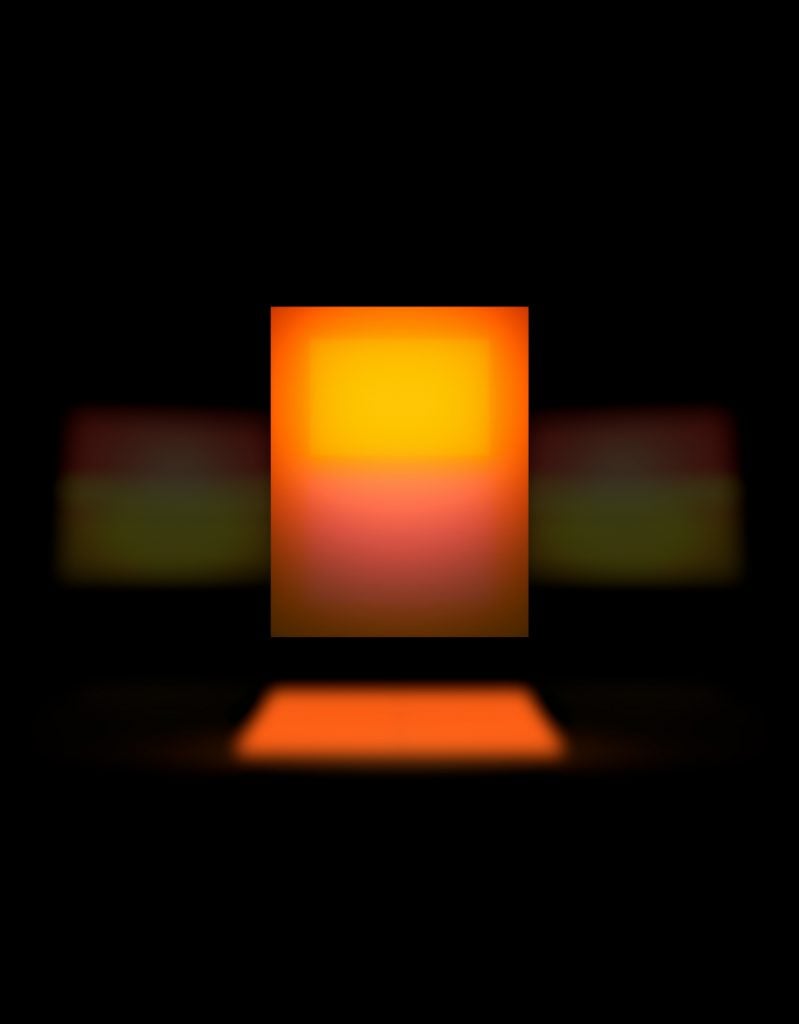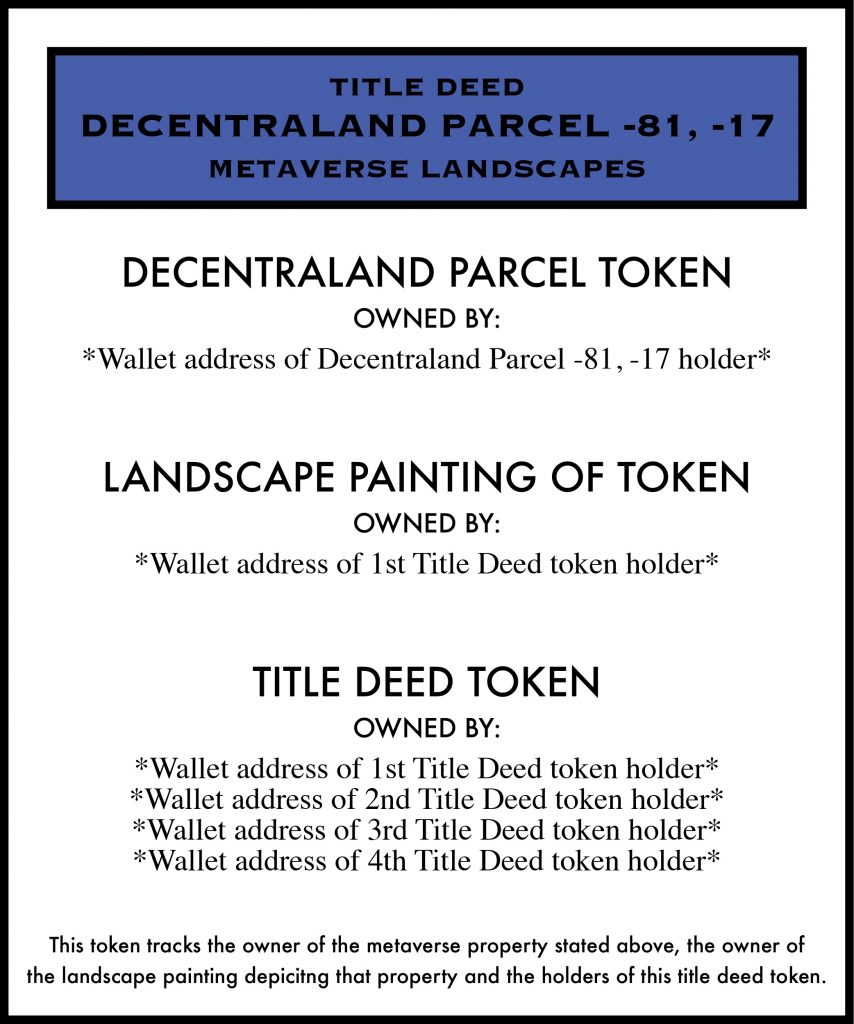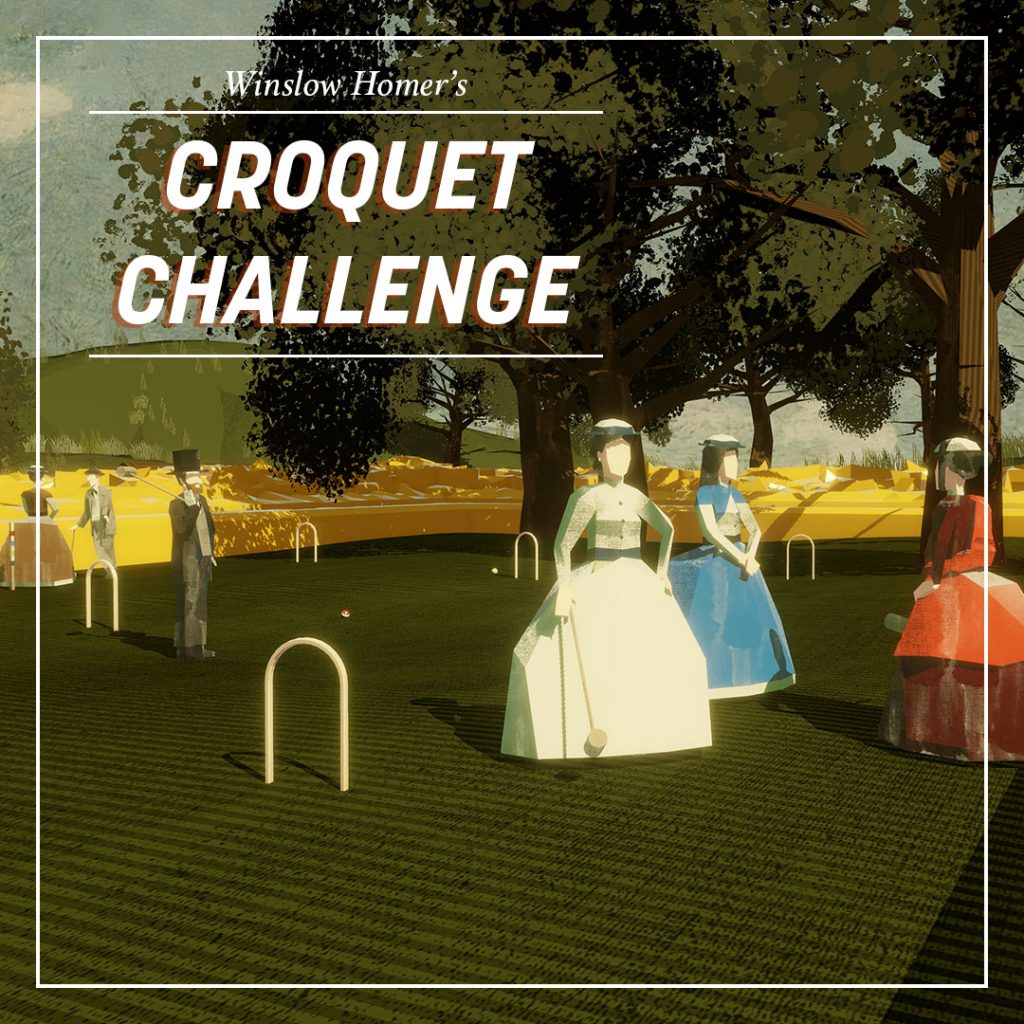NFTs
Ahead of Its Reopening, Buffalo AKG Art Museum Rolls Out Its First Online Exhibition Dedicated to NFT Art
"Peer to Peer" puts 13 digital artists in conversation with historical works in museum's collection.

"Peer to Peer" puts 13 digital artists in conversation with historical works in museum's collection.

Richard Whiddington

In 1910, the Albright Art Gallery in Buffalo hosted America’s first photography show. Curated by the father of photography, Alfred Stieglitz, it presented the images of 65 photographers with the express purpose of demonstrating that the camera was not merely a scientific tool, but an instrument for artistic expression.
More than a century on, the gallery’s direct descendant, Buffalo AKG Art Museum, is platforming today’s most contentious creative medium, NFTs. What’s more, the museum is doing so from behind closed doors while it undergoes a $200 million redevelopment and expansion.
In “Peer to Peer,” an online show the western New York institution calls the first survey of blockchain art by an American museum, the AKG puts 13 contemporary artists in conversation with works from their collection. Following an official launch party at Miami Art Week, the works will be on sale between November 29 and December 2.
“The COVID pandemic and its resulting quarantines re-ignited interest in how museums could use the internet to display artworks,” Tina Rivers Ryan, the exhibition’s curator, told Artnet News. “It’s an experiment for us as we continue to explore how we can better reach digital audiences where they are.”

Simon Denny, Metaverse Landscape 1: Decentraland. Parcel -81, -17 (2022). Photo: courtesy of Buffalo AKG Art Museum
The results are thought-provoking, diverse, and oftentimes fun. Simon Denny continues to challenge the perceived detachment between physical and digital worlds with a Monopoly-inspired card that tracks the real estate speculation taking place on Decentraland, a metaverse. It’s a land grab he finds echoes the manifest destiny captured in Albert Bierstadt’s paintings.
Avatar artist LaTurbo Avedon plays off the large-scale immersive qualities of Rothko paintings so often commissioned for specific physical spaces. Here, they build Club Rothko, a serene video that ghosts through a sleek space before settling on a giant rectangle of oranges and yellows.
Mitchell F. Chan turns Winslow Homer’s The Croquet Players (1865) into a computer game with a strong social critique. On a pristine lawn adjacent to a chain gang, players pick up a mallet and challenge a pair of chauvinists; “Oh! Susanna” soundtracks the game.
“The pairings resulted from months of discussions with the artists about those who have inspired them and the ideas they are exploring,” Ryan said.

Mitchell F. Chan, Winslow Homer’s Croquet Challenge (2022). Photo: courtesy of Buffalo AKG Art Museum
The exhibition has been created alongside Feral File, a digital art platform launched by artist Casey Reas and blockchain startup Bitmark, which specializes in collaborating with curators from well-established museums. Last year, it worked with the Museum of Modern Art on a generative art project from Turkish artist Refik Anadol, and has since worked with Jason Bailey and Regina Harsanyi on NFT projects.
Works featured in the exhibition are minted on Ethereum, making AKG the latest museum to try to generate revenue through NFTs, following the British Museum, Uffizi Gallery, and State Hermitage Museum. Few, however, have approached NFTs with equal playfulness and deliberation.
“We plan to continue including digital art as part of our regular acquisitions, exhibitions, and public programming,” Ryan said. “It will be fully integrated into the work we do to shape the future of contemporary art.”
The museum will reopen in May 2023.